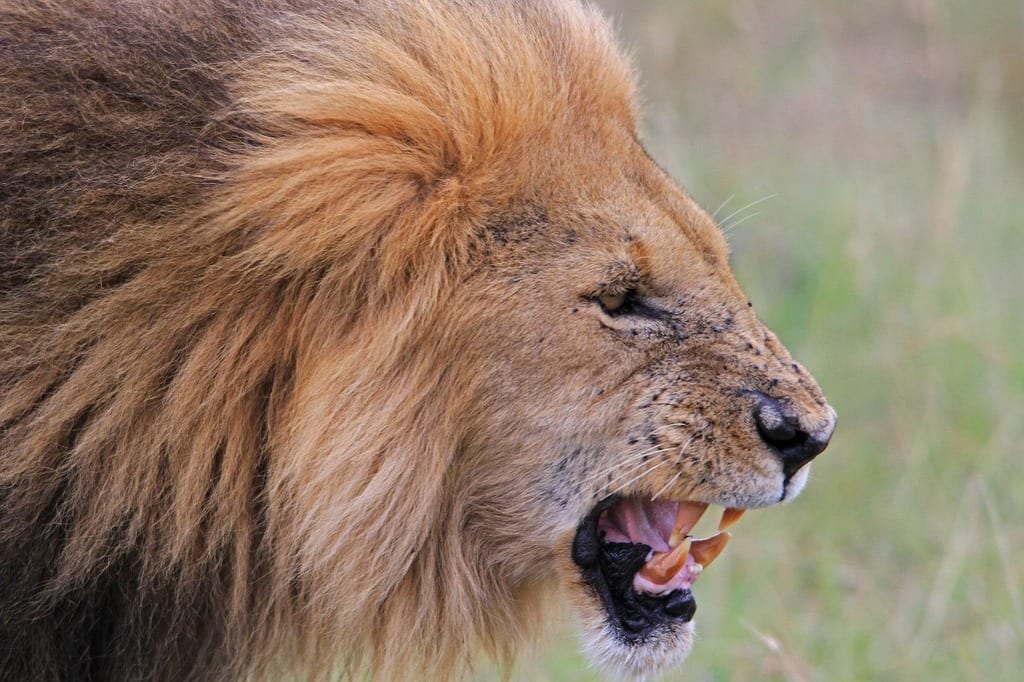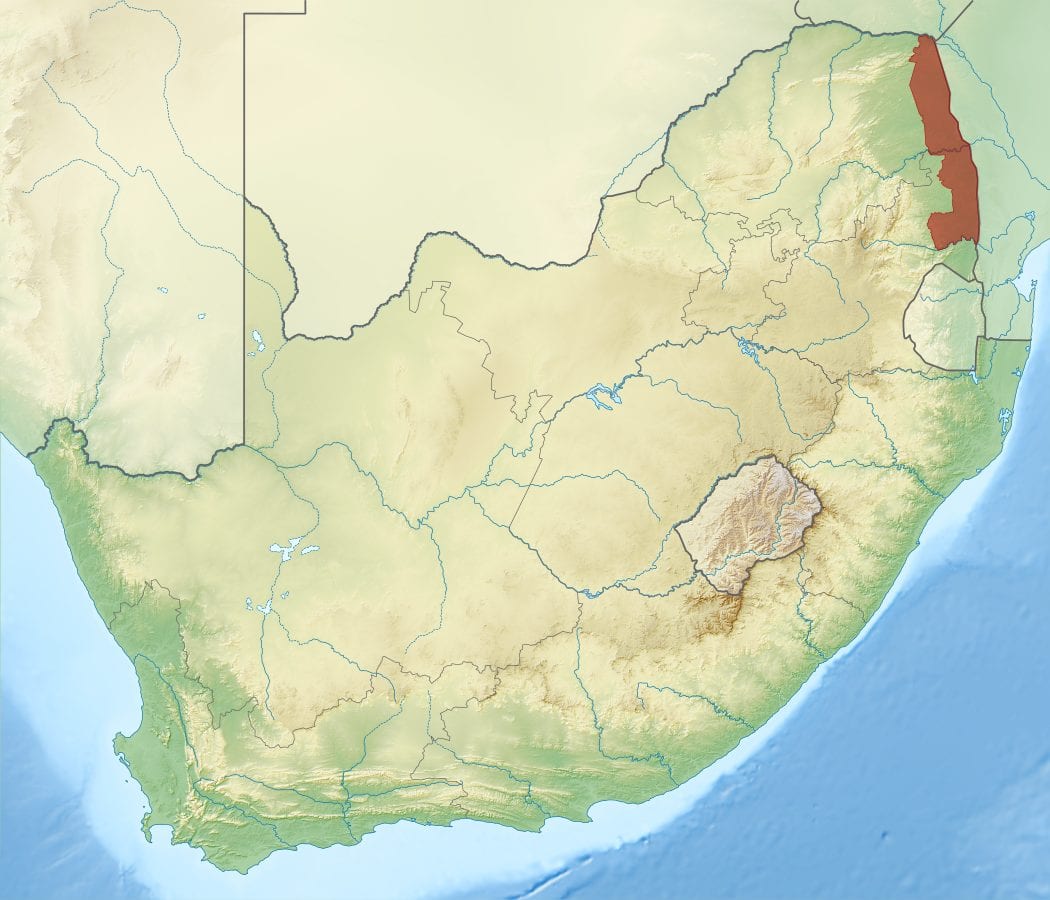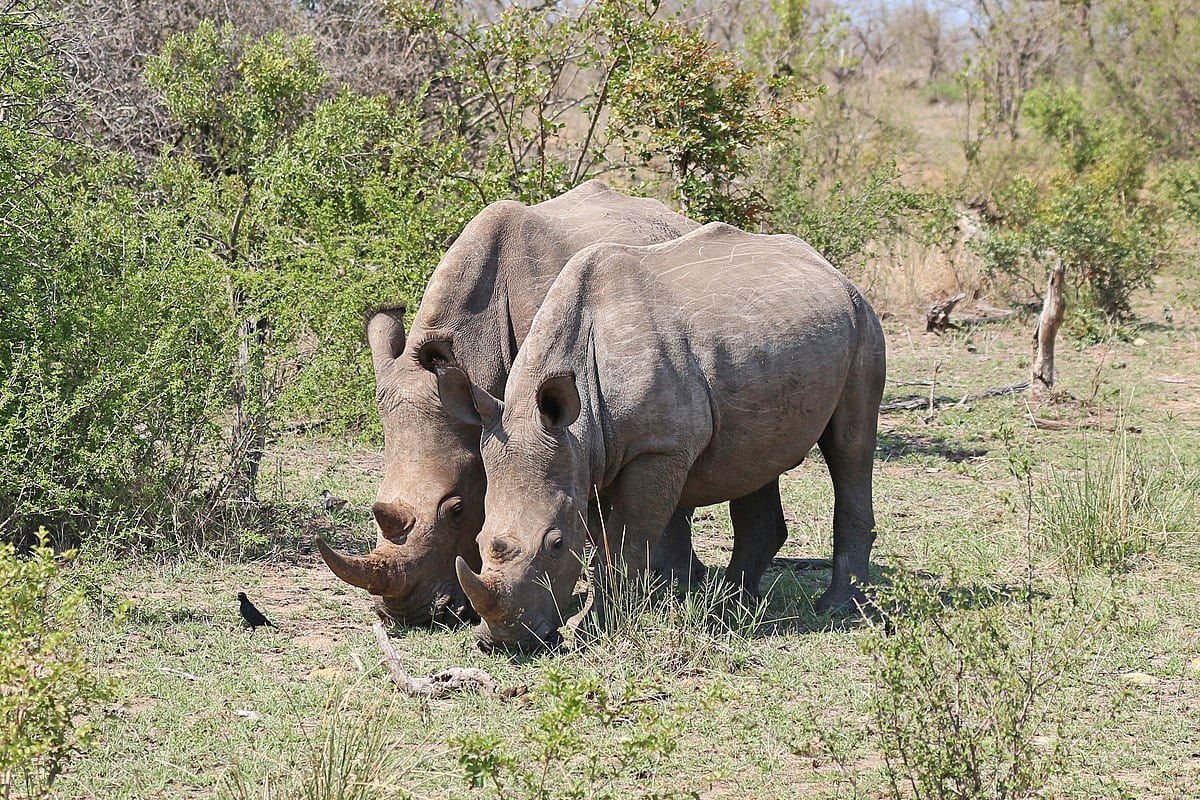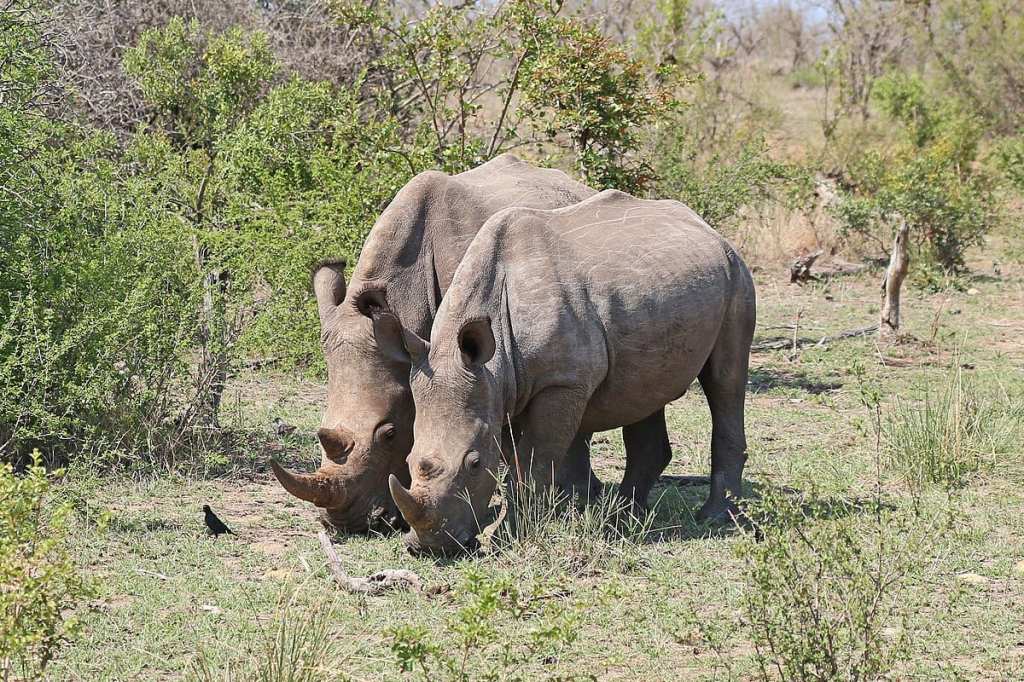Trending Now
South African National Parks announced the stunning news they had recovered the remains of a suspected poacher killed by an elephant and eaten by lions. And by remains, they meant a pair of trousers and the man’s skull.

Photo Credit: Pixabay
The incident happened at Kruger National Park when several men illegally hunting rhinos came upon an elephant. The startled elephant stomped one of the men to death. His companions pulled his body to the roadside, and left it there overnight as they went to notify his family.
Park official Isaac Phaahla told the L.A. Times that poaching “is a serious, ongoing problem in the park.” One of the largest national parks in the world, Kruger National Park is located in northeastern South Africa and covers approximately 7,500 square miles. All the big five game animals–lion, leopard, rhinoceros, elephant and cape buffalo–call it home.

Photo Credit: By Htonl CC BY-SA 3.0
Rhinos are endangered because of aggressive hunting. There exists an enormous demand for their horns, which are ground up to use in traditional Chinese medicine.

Photo Credit: By Bernard Gagnon, CC BY-SA 4.0
When notified by the family, field rangers began a search for the body early that morning and continued until nightfall with no luck. The next day, after receiving more detailed information from the other hunters, they resumed the search. But soon, the rangers made a grisly discovery. Apparently, a pride of lions living nearby had polished off the corpse.
The surviving men were subsequently arrested and charged with illegal firearms possession, trespassing and conspiracy to poach. All guns and ammunition were seized.
Managing Executive of the KNP, Glenn Phillips expressed his condolences.
Entering Kruger National Park illegally and on foot is not wise, it holds many dangers and this incident is evidence of that. It is very sad to see the daughters of the deceased mourning the loss of their father, and worse still, only being able to recover very little of his remains.
South Africa is home to the largest population of the world’s rhinos. After a devastating increase of over 9000% in rhino poaching between 2007 and 2014, the government funneled more funds toward stopping the activity. The past four years have seen a decline in rhino losses and 2018 finally saw a number below 1000 rhinos killed. Yet, hundreds of these animals continue to be slaughtered each year just for their horns – and there are not very many left.
Figures for how many poachers are killed by rhinos and their park-mates – elephants and lions – in defense of their territory, are not available for verification.






